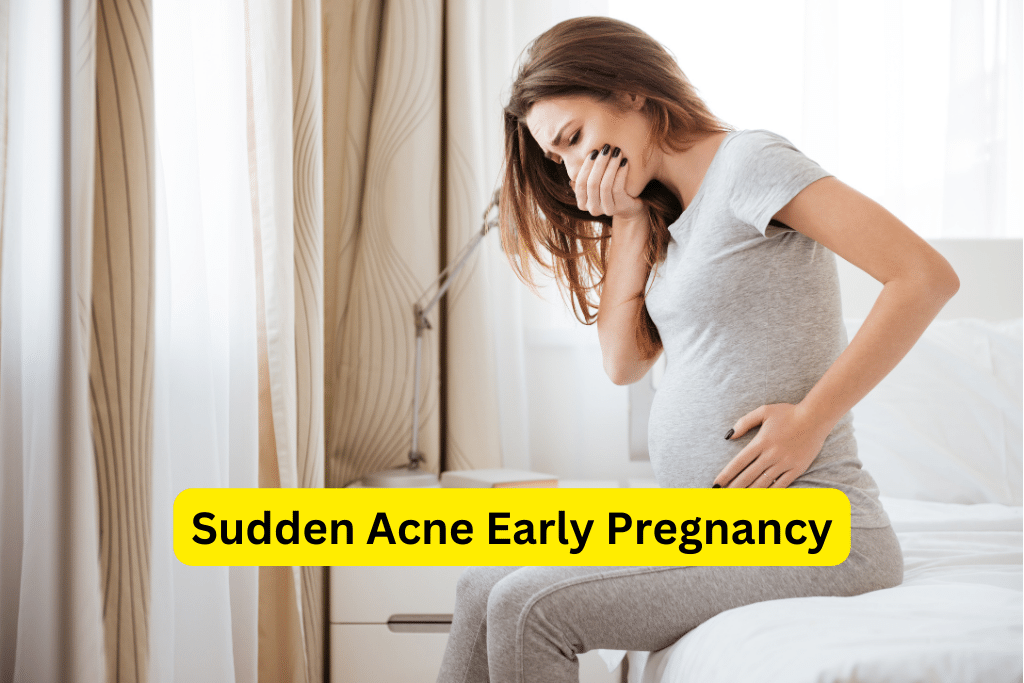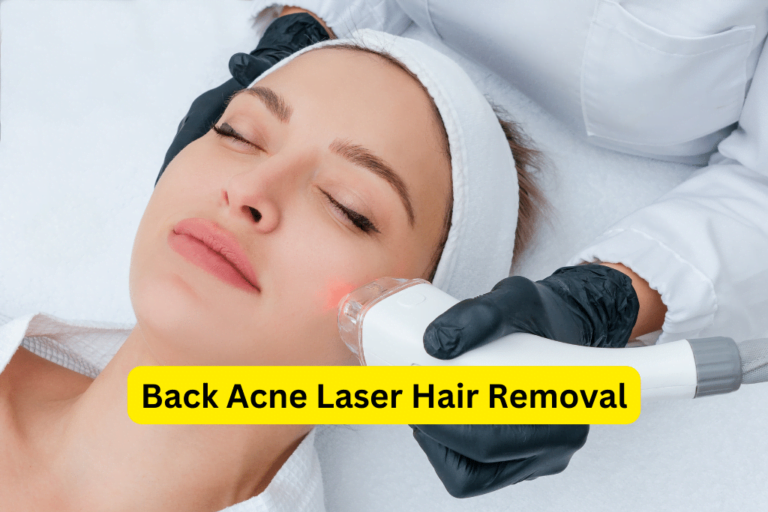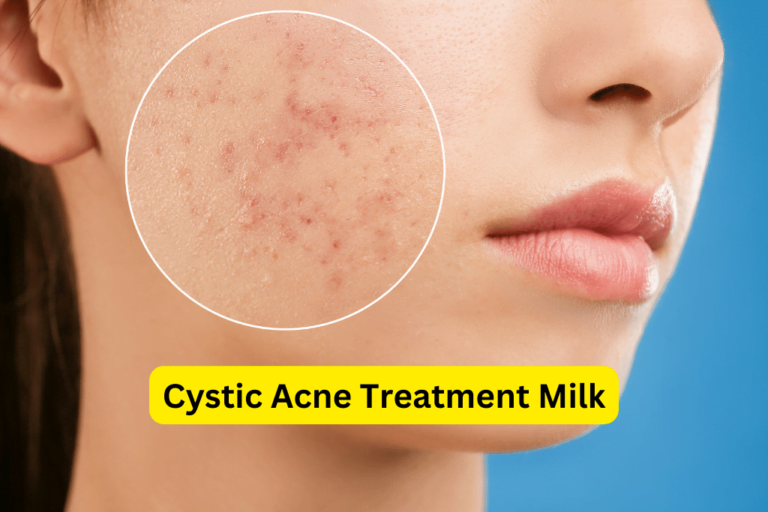Unexpected Acne in Early Pregnancy: Causes, Symptoms, and Solutions
Sudden Acne Early Pregnancy
Experiencing sudden acne during early pregnancy can be unsettling and raise concerns for many women. This comprehensive article aims to shed light on the potential causes of acne during this stage, as well as effective treatment options and preventive measures to manage and reduce acne breakouts.
Understanding Acne
Acne is a common skin condition characterized by the development of inflammation, pimples, and blemishes. It can occur due to a combination of factors, such as excessive oil production, clogged pores, bacteria, and hormonal imbalances. While acne is commonly associated with adolescence, it can also affect adults, including pregnant women.
Hormonal changes during pregnancy play a significant role in the development of acne. The hormonal surge in early pregnancy, particularly the increased production of progesterone and androgens, can stimulate the sebaceous glands to produce more oil. This excess oil can then mix with bacteria and dead skin cells, leading to clogged pores and the formation of pimples.
Sudden Acne During Early Pregnancy
Sudden acne outbreaks during the first trimester or early stages of pregnancy are not uncommon. Many women may notice a sudden onset of acne despite previously having clear skin. While the exact reasons for this sudden occurrence are not fully understood, hormonal fluctuations are believed to be the primary trigger. It is essential to remember that this is a temporary condition and usually subsides as pregnancy progresses.
Causes of Acne Breakouts in Early Pregnancy
There are several prime factors that contribute to the development of acne breakouts during early pregnancy:
- Hormonal changes: Pregnancy leads to an increase in progesterone and androgen levels, which can stimulate oil gland production and contribute to acne formation.
- Increased sebum production: Hormonal imbalances can cause the sebaceous glands to produce more oil, leading to clogged pores.
- Clogged pores: Bacteria, dead skin cells, and excess oil can accumulate in the pores, resulting in inflammation and the formation of acne lesions.
Treatment Options for Acne During Early Pregnancy
Safe Topical Treatments
When it comes to treating acne during pregnancy, it is crucial to prioritize safety. Many over-the-counter (OTC) topical medications can be safely used to manage and reduce acne breakouts. Look for products that contain ingredients like benzoyl peroxide or glycolic acid, which are considered safe during pregnancy. However, it is always best to consult with a healthcare provider before using any new products.
Natural remedies can also be helpful in managing acne during pregnancy. Some natural ingredients with anti-inflammatory and antibacterial properties, such as tea tree oil, aloe vera, and witch hazel, can be applied topically to relieve symptoms and reduce inflammation. As with OTC products, it is recommended to consult with a healthcare provider before incorporating natural remedies into the skincare routine.
Professional Treatments
If acne persists or becomes severe, professional treatments administered by dermatologists may be recommended. Some common safe and effective treatments during pregnancy include gentle chemical peels, blue light therapy, and certain laser treatments. However, it is essential to discuss these options with a healthcare provider to ensure they are suitable and safe for pregnant women.
Prevention Tips for Acne During Pregnancy
While it may not be possible to completely prevent acne during pregnancy, there are several steps that can be taken to minimize breakouts:
- Skincare routine modifications: Switch to gentle cleansers that are specifically formulated for sensitive skin. Look for non-comedogenic products that do not clog pores. Proper moisturization is also essential to keep the skin hydrated without exacerbating acne.
- Hormonal balance: Maintaining hormonal balance is crucial for managing acne. A well-balanced diet with plenty of fruits, vegetables, and whole grains can help regulate hormone levels. Regular exercise is also beneficial for hormone regulation and overall skin health.
- Stress management: Stress can exacerbate acne breakouts. Pregnant women should practice stress management techniques, such as meditation, yoga, and deep breathing exercises, to minimize stress levels.
- Proper hygiene and healthy habits: Avoid excessive touching of the face, as it can transfer bacteria and irritate the skin. Drink plenty of water to stay hydrated and maintain healthy skin. Adequate sleep is also essential for overall well-being and skin health.
When to Seek Medical Advice
In most cases, acne during pregnancy is a common and manageable condition. However, there are instances where medical advice should be sought:
- If acne becomes severe or cystic and is causing significant discomfort or pain.
- If acne is accompanied by other concerning symptoms, such as fever or rash.
- If over-the-counter treatments and home remedies do not provide significant improvement.
Consulting a healthcare professional is vital to evaluate the situation and determine appropriate treatment options.
Self-Care Tips for Dealing with Acne
Dealing with acne can have an impact on one’s self-esteem, especially during pregnancy. It is essential to prioritize self-care and emotional well-being during this time. Some tips to consider include:
- Remember that acne during pregnancy is temporary and will generally improve after delivery.
- Focus on maintaining a positive body image and embracing the changes that pregnancy brings.
- Connect with support systems, such as friends, family, or online communities, to share experiences and receive encouragement.
- Practice self-care activities that promote relaxation and boost self-confidence, such as taking baths, getting a massage, or engaging in hobbies.
Conclusion
Sudden acne during early pregnancy can be a frustrating experience, but it is essential to remember that it is a common condition that usually resolves on its own as pregnancy progresses. By understanding the causes, implementing appropriate treatments, and following preventive measures, pregnant women can effectively manage and reduce acne breakouts, ultimately enjoying a healthy and positive pregnancy journey.









